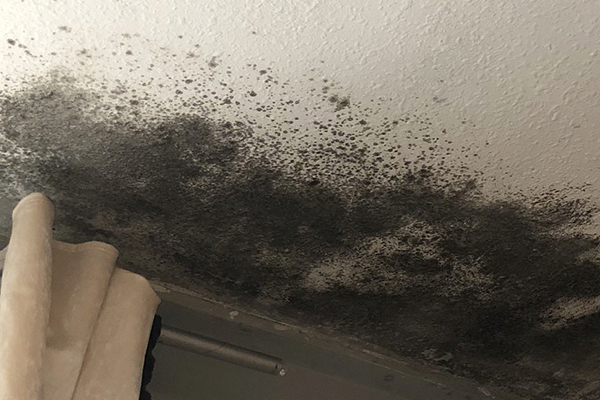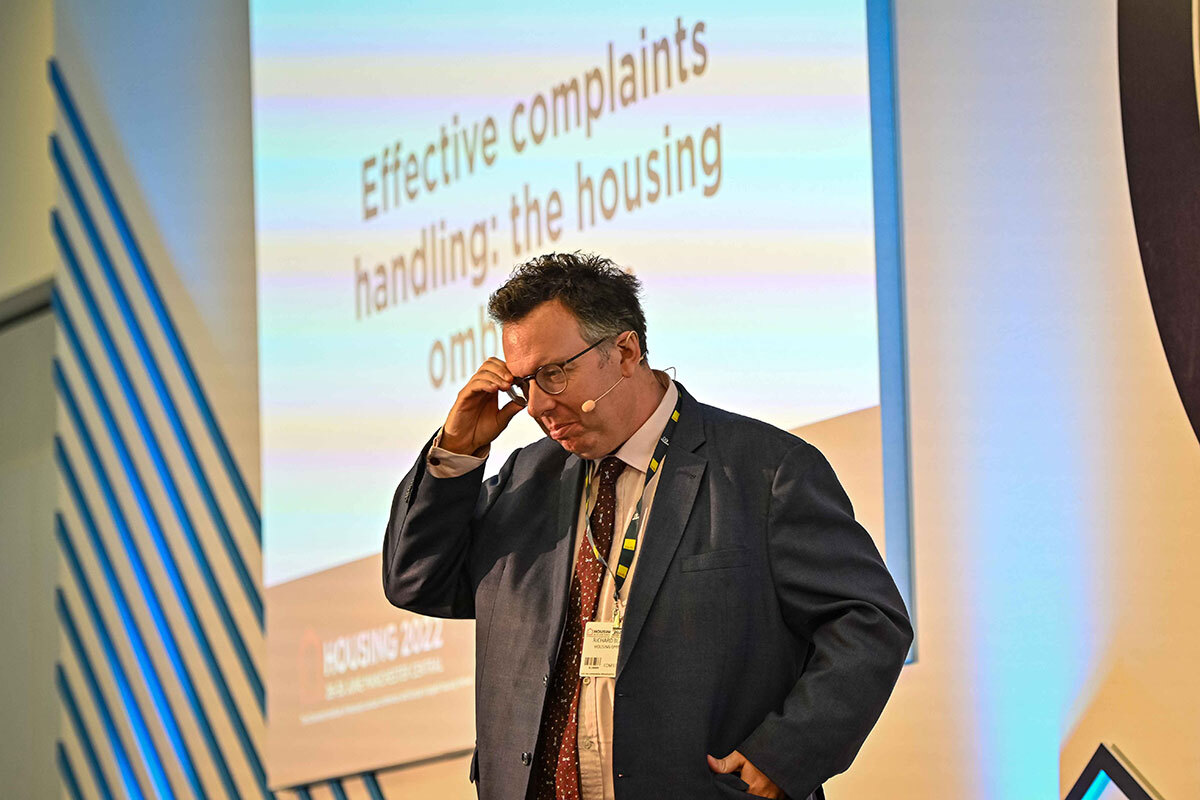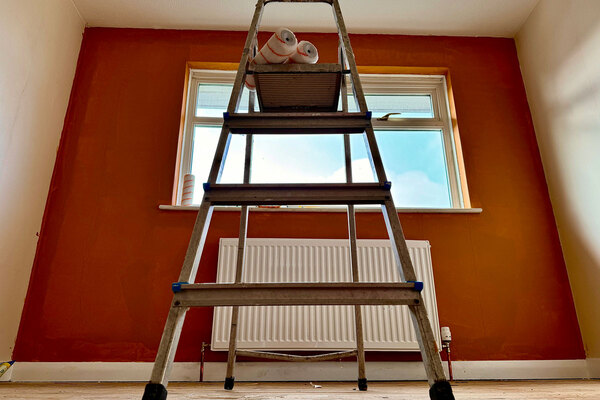You are viewing 1 of your 1 free articles
London council to pay out £66,000 after special investigation
A London council has been ordered to pay over £66,000 to residents after a Housing Ombudsman investigation found “inertia”, poor record-keeping and a “consistent failure to communicate”.

As part of the watchdog’s findings, Islington Council was found to have a “disjointed” approach to complaints and “lack of clear ownership” that was leading to problems “drifting and persisting”.
The probe into Islington was launched in December 2022, with the ombudsman citing its poor handling of damp and mould reports and resulting complaints.
Investigators looked at complaints about Islington between December 2022 and June 2023 to determine if there were systemic failures.
The ombudsman issued 30 determinations during the six-month period. In all 30 cases, the ombudsman upheld at least one aspect of the resident’s complaint, and in 14 of those it found severe maladministration.
It meant Islington, which is responsible for around 36,000 properties, has a severe maladministration rate of 24.7%, nearly four times the national average (6.7%).
Among the cases was a disabled resident unable to use their ground-floor wet room for months due to a lack of repairs. Another resident’s complaint was found to be stuck in the landlord’s system for three years.
At the same time, another complaint saw a resident with mental health problems stuck without a working key fob for her building for 10 months.
The council has said it regretted that its service standards had fallen short and promised to strengthen its improvement plans.
The report also retrospectively investigated complaints that were made to the landlord between February 2019 and 24 November 2022.
In a report summarising the investigation, the ombudsman listed concerns about the landlord’s service, including a “reactive rather than proactive” approach, and a “tendency towards a lack of clear ownership, which contributes to problems drifting and persisting.”
It added: “We see passive and vague language used internally and externally, making it unclear who is responsible for what, the action they will take, and by when.”
The watchdog found teams that “appear to work in silos, rather than effectively with each other”, while “tension between objectives has caused inertia, with no overall ‘owner’ to make decisions”.
Residents may be “pushed between teams and misdirected, with no one taking ownership or managing progress toward a resolution”.
Elsewhere, “poor record-keeping across the board is hampering an efficient and effective response”, the ombudsman said.
The report also highlighted a “consistent failure to communicate with residents promptly, appropriately and clearly”, which led to repeated failings in disrepair and anti-social behaviour (ASB) cases and complaint-handling.
Islington was ordered to apologise to residents in 17 instances and pay a total of £66,441, an average of over £2,000 per case. Over half of this (£33,800) was for complaints about property condition, while £7,625 was for poor complaint-handling.
Recommendations for Islington included a new risk assessment specifically with vulnerabilities in mind and better monitoring of compliance by officers on noise complaints. All staff have also been asked to undertake mandatory complaint-handling training, while a member responsible for complaints should be appointed to improve oversight.
The council was reported to have engaged fully and positively with the investigation.
Richard Blakeway, housing ombudsman, said: “The landlord has taken action in several areas, has sought to monitor the effectiveness of these additional measures and has been able to provide clear evidence of the impact these are having. The focus of the leadership on embedding change is evident and encouraging.
“Nonetheless, many of the underlying themes we have identified are present in multiple individual cases, each contributing to the resident’s poor experience.
“The way in which the same issues recur indicates failure to learn from complaints. We have also identified a lack of managerial oversight to ensure that officers are appropriately capable and empowered to follow the policies, procedures and guidance that the landlord does have in place.
“Record keeping needs fundamental improvement… we will continue to monitor the compliance with the recommendations set out in this report and will work with the landlord to help embed those improvements for residents.”
In its learning statement, Islington Council said it fully accepted the ombudsman’s report and recommendations.
It said: “Our tenants and leaseholders deserve a high-quality service, and we deeply regret that we haven’t always delivered this in the past,” it said.
“In June 2022, we set up a Housing Improvement Board to raise standards and respond to new regulatory requirements. We will build on this and deliver the ombudsman’s recommendations through an expanded improvement plan.”
This plan includes “a new, place-based approach to housing management” so residents have a single point of contact and “staff take ownership of their patch”.
There will be additional training for all repairs staff on customer service and learning from mistakes, trialling new approaches for damp and mould cases such as remote monitoring sensors, and a review of ASB services.
Sign up for our tenancy management newsletter
Already have an account? Click here to manage your newsletters











